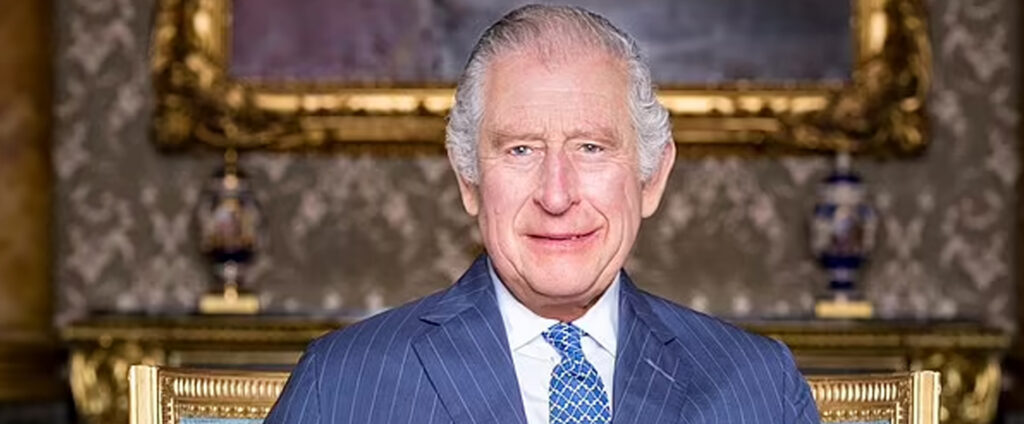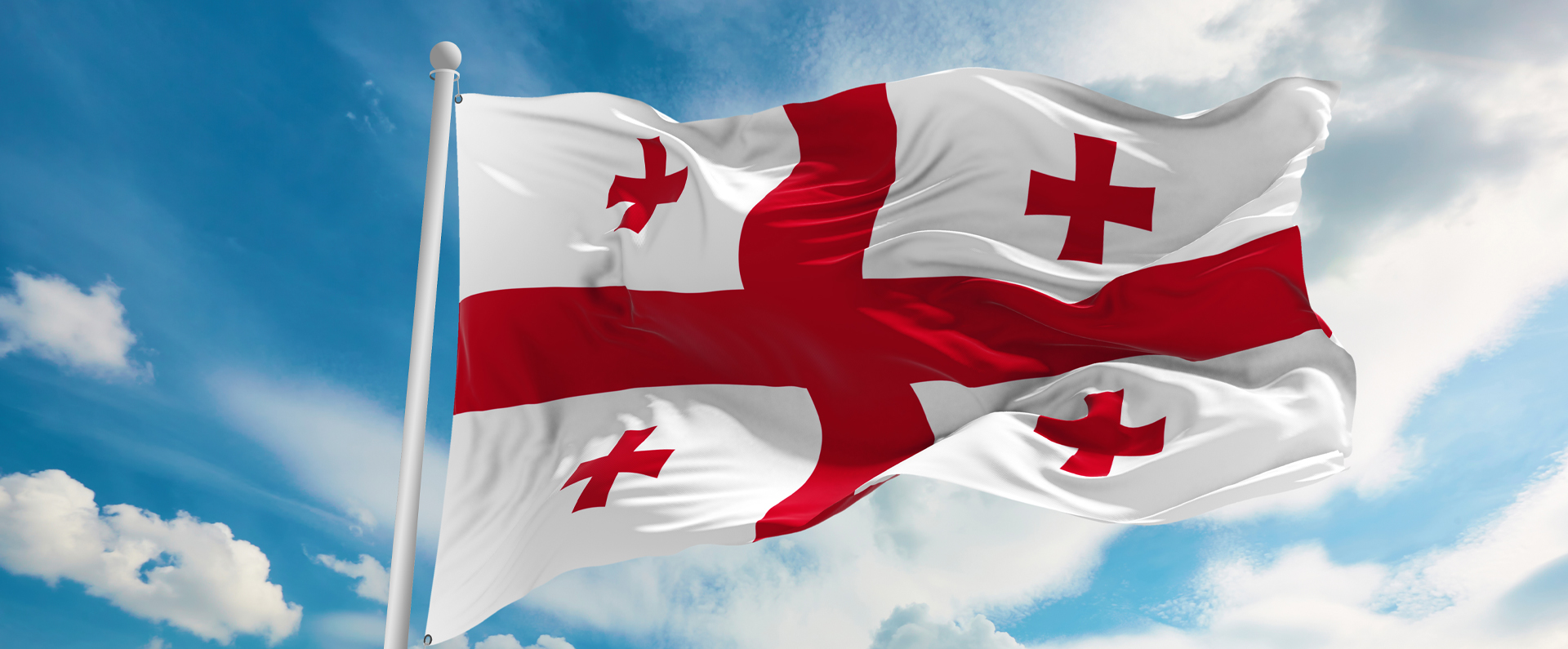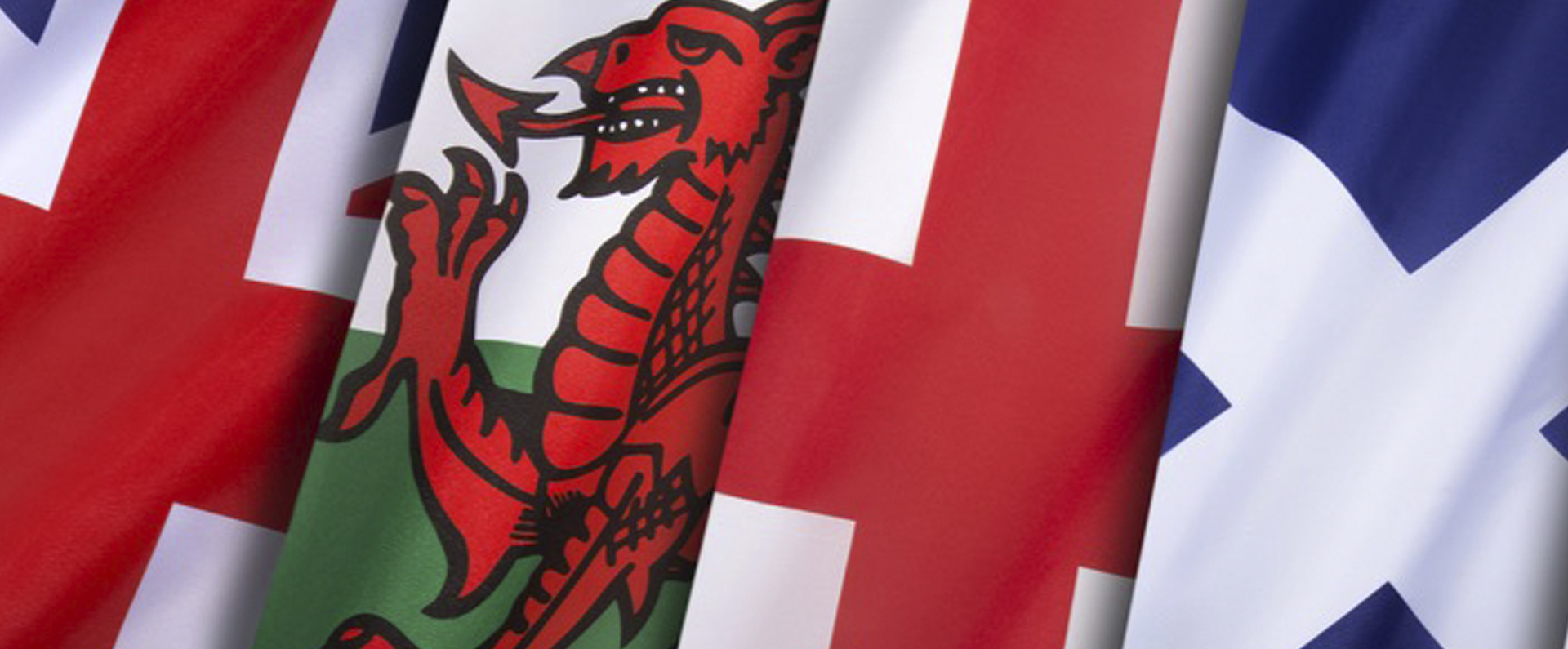
Published in The Daily Mail on 02 May 2023.
Nobody elected the King. Depending on your point of view, this is either an indefensible outrage or the beauty of a constitutional monarchy: a head of state above the grubbiness of politics, who can therefore unite people whatever their allegiance. But if the royals don’t need our votes, they still need our consent. Without public support, the monarchy would be on borrowed time.
According to my latest poll of more than 11,000 people around the UK, the King has no immediate worries on this front. Voters in England, Scotland and Wales said that in a referendum tomorrow they would keep the monarchy by comfortable margins; only in Northern Ireland, with its own constitutional debate, did voters lean towards the idea of a republic.
There were vast differences by age, however: while three quarters of British voters aged 65 or over would vote for the status quo, 18 to 24s would choose a republic by 34% to 28%, with nearly four in ten of them saying they didn’t know or would not vote. And while white voters said they would keep the monarchy by a 40-point margin, Asian-heritage voters backed a republic by 2 points, and those from black African or Caribbean backgrounds by 14 points.
Nor does the population divide neatly into roundheads and cavaliers. From our polling, we identified five distinct types. Only 7% of Brits are Committed Royalists, who are essentially uncritical in their support, and one third are Mainstream Monarchists who back the institution but recognise the need to change with the times. Just under a quarter are Neutral Pragmatists, who lean towards the status quo largely because they think the alternative would be worse. Nearly one in five are Modern Republicans, who see the monarchy as divisive, worry about its colonial legacy, and tend to side with Harry and Meghan over the rest of the family. The remaining 18% are Angry Abolitionists, who think the royals care little for the country and believe the institution has no place in the modern world. (Take the survey here [link] to find out which segment you fall into).
For its supporters, the monarchy represents a powerful blend of symbolism and practicality. Having recently seen three prime ministers in the space of a few weeks, they value a constant presence. They recognise things like the Duke of Edinburgh Award scheme, the Prince’s Trust, the Invictus Games, the royals’ countless acts of charitable support, and the huge economic benefit to the UK. In our research, some who hadn’t realised they felt strongly on the subject found the idea of replacing the monarchy quite unsettling when they thought about it.
At the same time, close to half the country say the monarchy seems to be only for some types of people, and even those in England – let alone those in Scotland, Wales and Northern Ireland – are more likely to think of it as mostly an English thing than something shared by the whole UK. This feeling is particularly acute among many in minority communities who see the monarchy as an exclusive institution with no relevance to them, not to mention a shameful history in parts of the world from which their families came to Britain. This was not the whole story, however – many welcomed the King’s stated intention to be “defender of faith”, upholding freedom of worship for all religions alongside his role as head of the Church of England, and we found that Muslims in particular saw the connection between church and Crown as a degree of protection in an increasingly secular society.
For the sceptics, the royal family’s recent trials have reinforced their views. We found people in Britain less likely to sympathise with Harry and Meghan than with the King and Prince William. But for some, the complaints from California – followed by Lady Susan Hussey’s ill-fated Buckingham Palace conversation with the activist Ngozi Fulani – chimed with their existing assumptions about prejudice and intolerance.
Yet although they would not have seemed this way to anyone involved, the personal conflicts and dramas that continually surround the royals are in some senses a boon. This is because they underline one of the monarchy’s biggest strengths, which is that it is both a public institution and a human family – and we all know what they can be like. Whether it’s Sussex v. Wales (“like a Bollywood movie, with the bad daughter-in-law and the good daughter-in-law”, as one of our participants put it) the love story of Charles and Camilla or the mischief of Prince George, people are engaged. For the monarchy, indifference is more dangerous than hostility.
Though there were mixed views about the King personally, many said he already seems warmer and more relaxed than he once did. His intention to modernise has been noticed, but with a word of warning that there is a balance to be struck between relatability – the modern holy grail – and the majesty and mystery that makes the monarchy what it is. Trimming day-to-day expenses and taking a tougher line on royal miscreants are popular – but despite the calls for restraint, so is the pageantry: “if you’re going to do it, do it properly” was the prevailing view about the Coronation. Or as someone else put it, “the bling is the thing that makes it”.
Every new monarch in history has faced the same dilemma of how to blend continuity with change. For now at least, King Charles III has time and goodwill on his side.
Uncharted Realms: The Future of the Monarchy in the UK and Around the World is published tomorrow.
See below for related coverage of the research in The Daily Mail:
- Even most republicans see no benefit in abolishing the monarchy, new poll finds
- Support for the Sussexes slumps
- Majority of British public think Charles should not apologise for slavery, new poll shows



